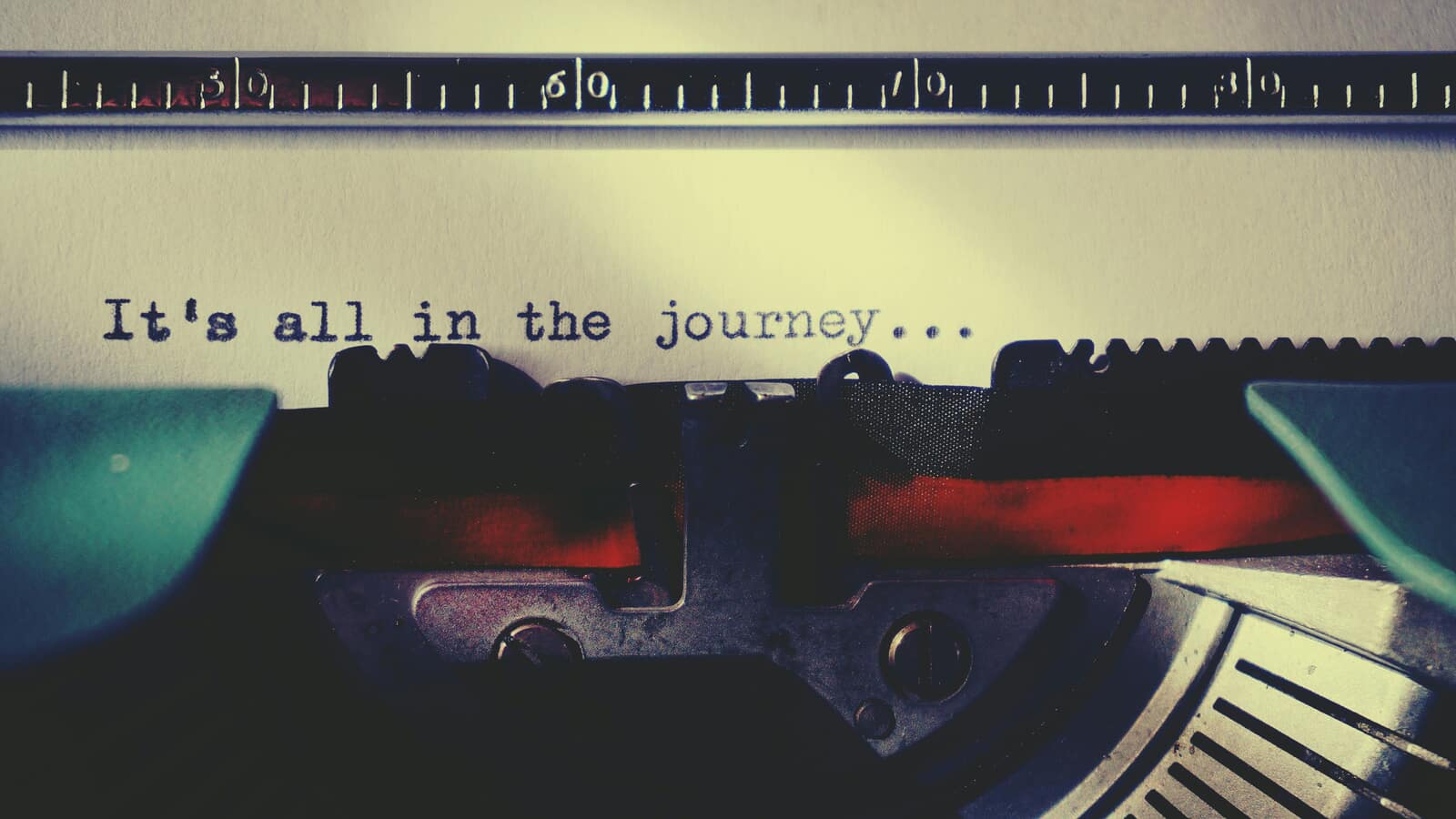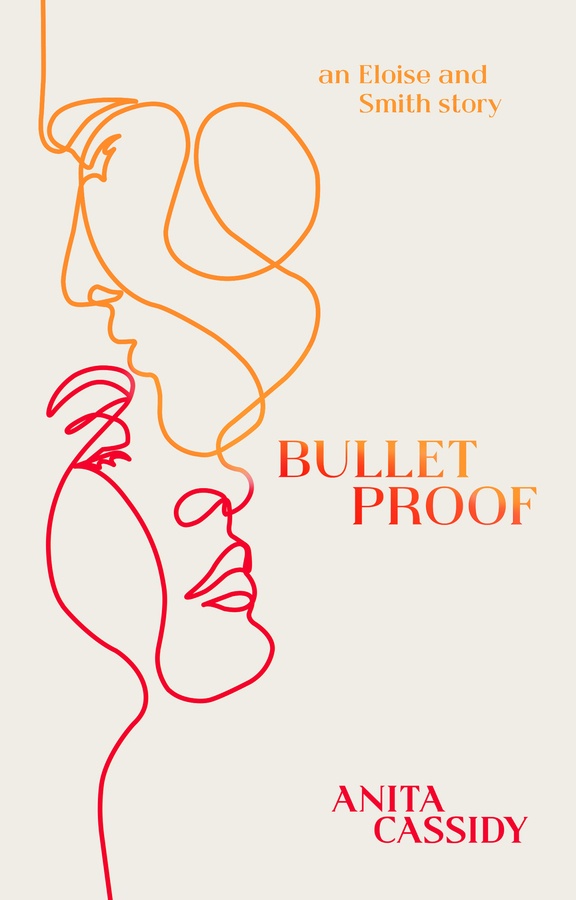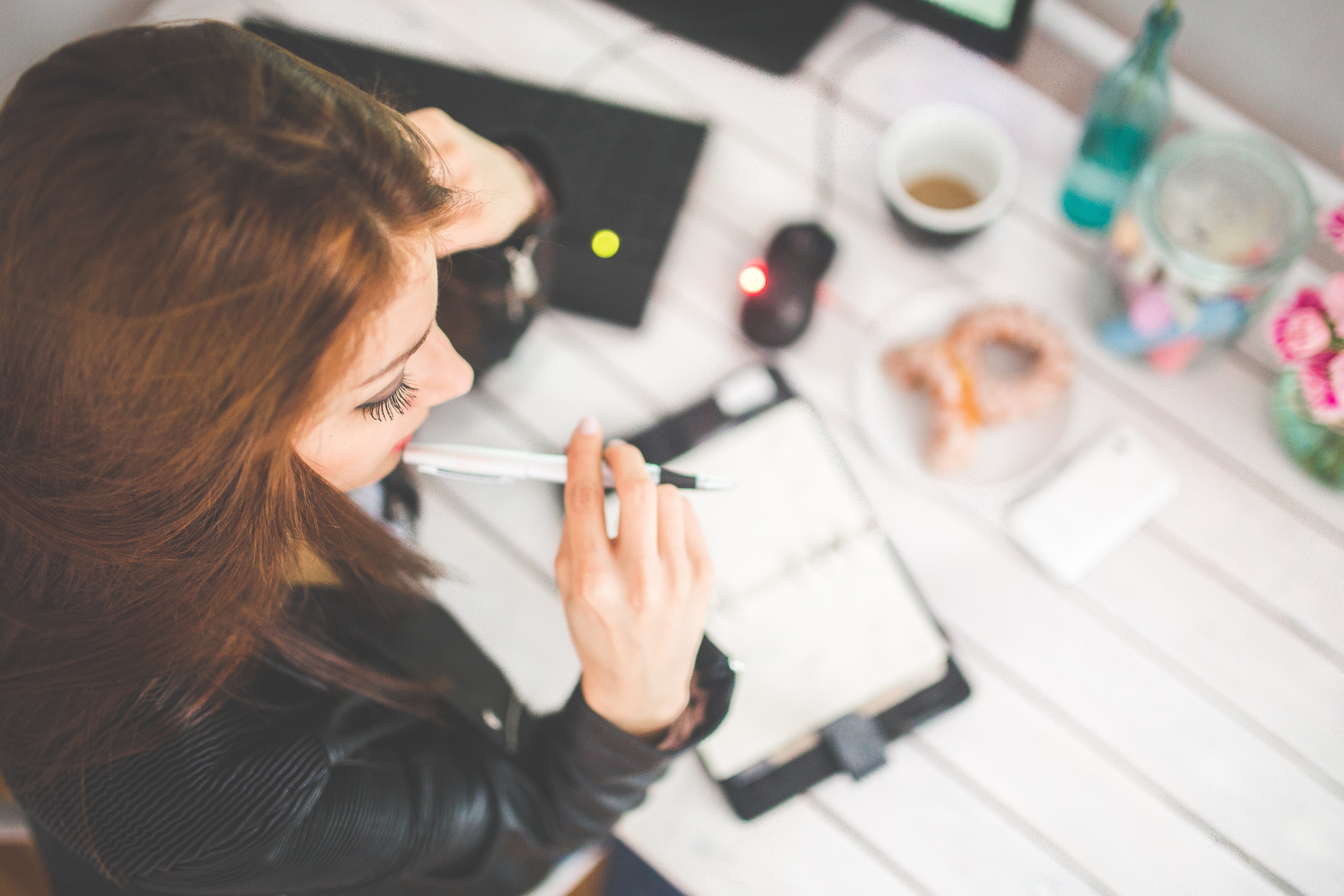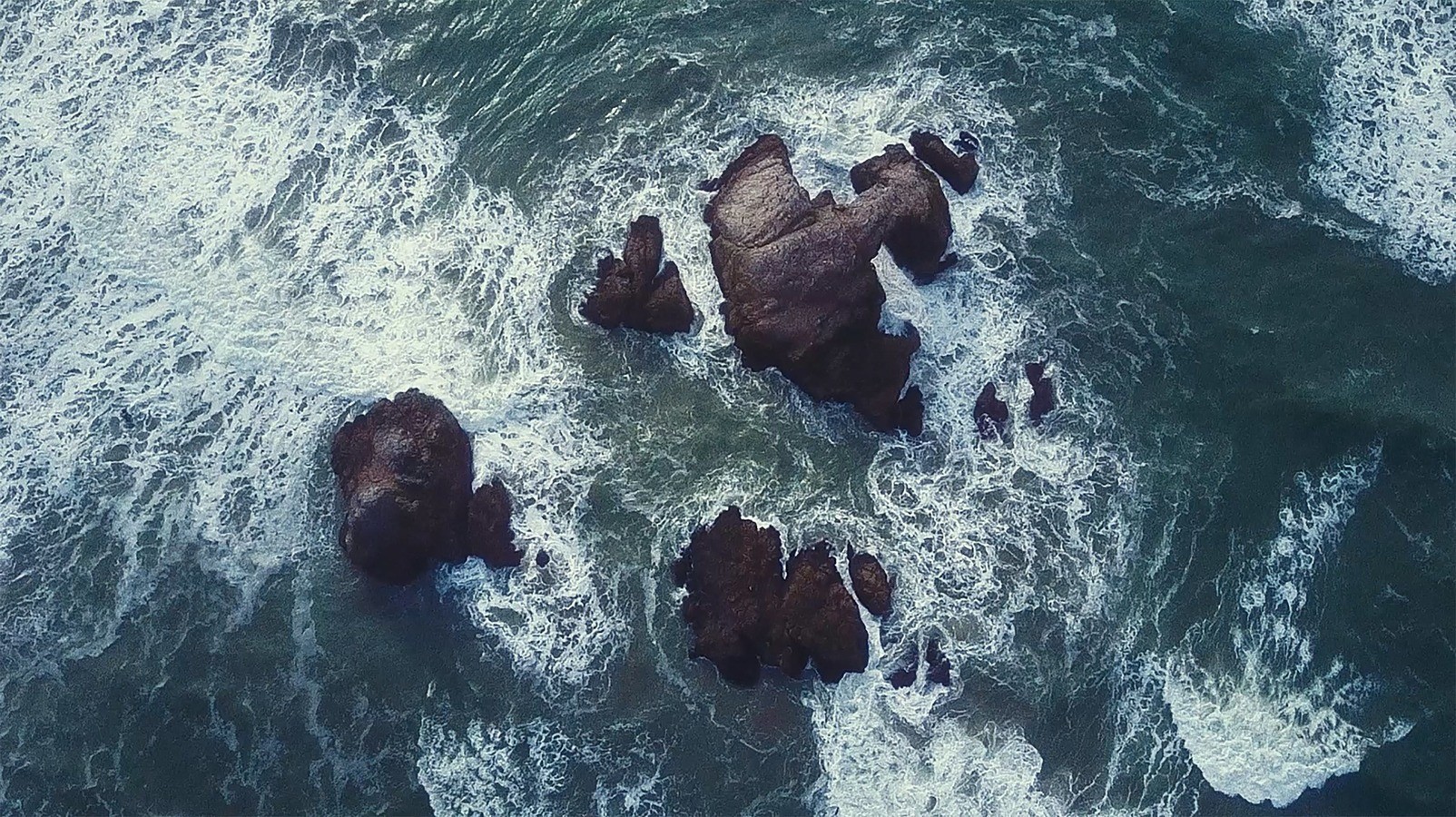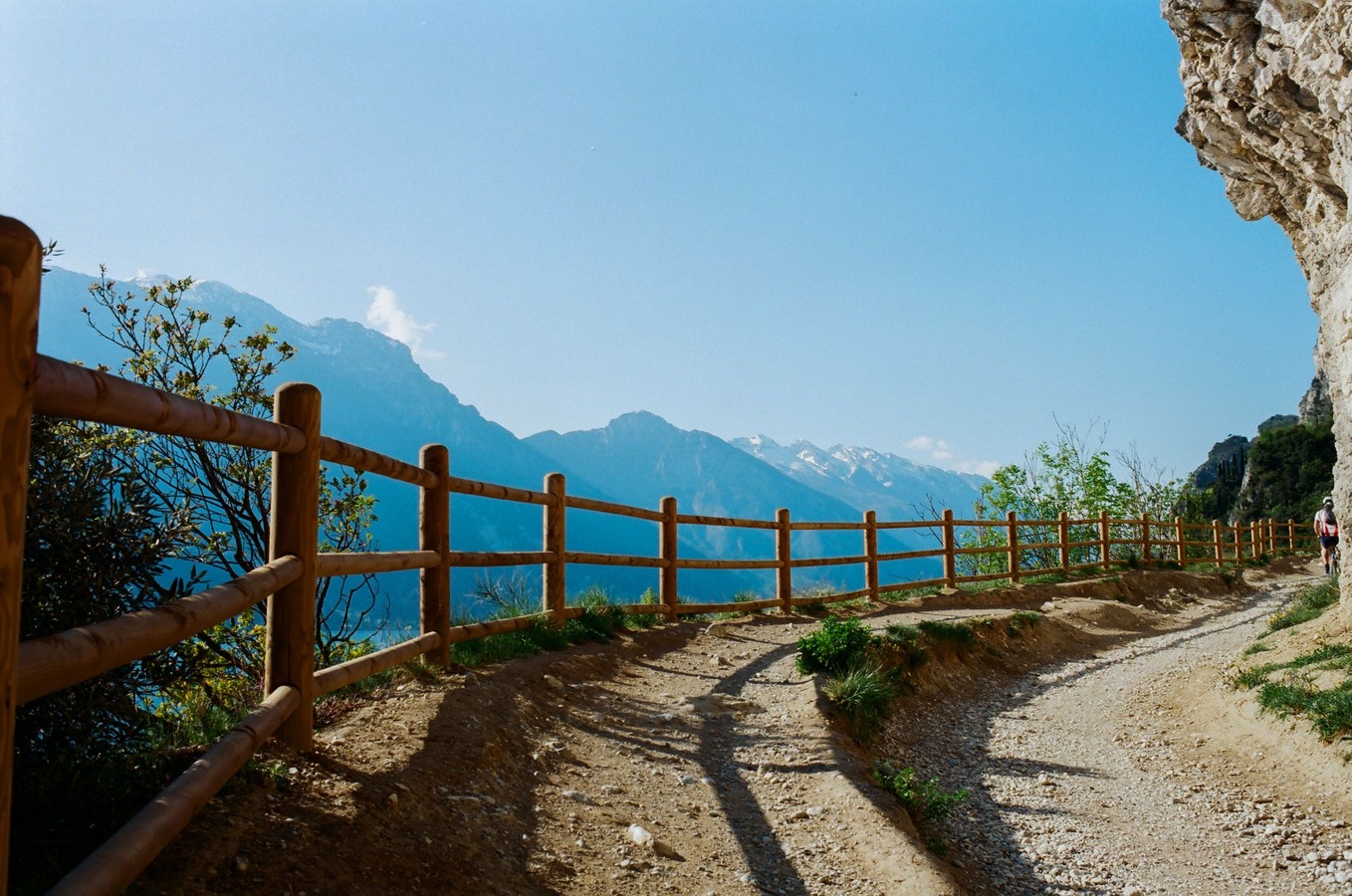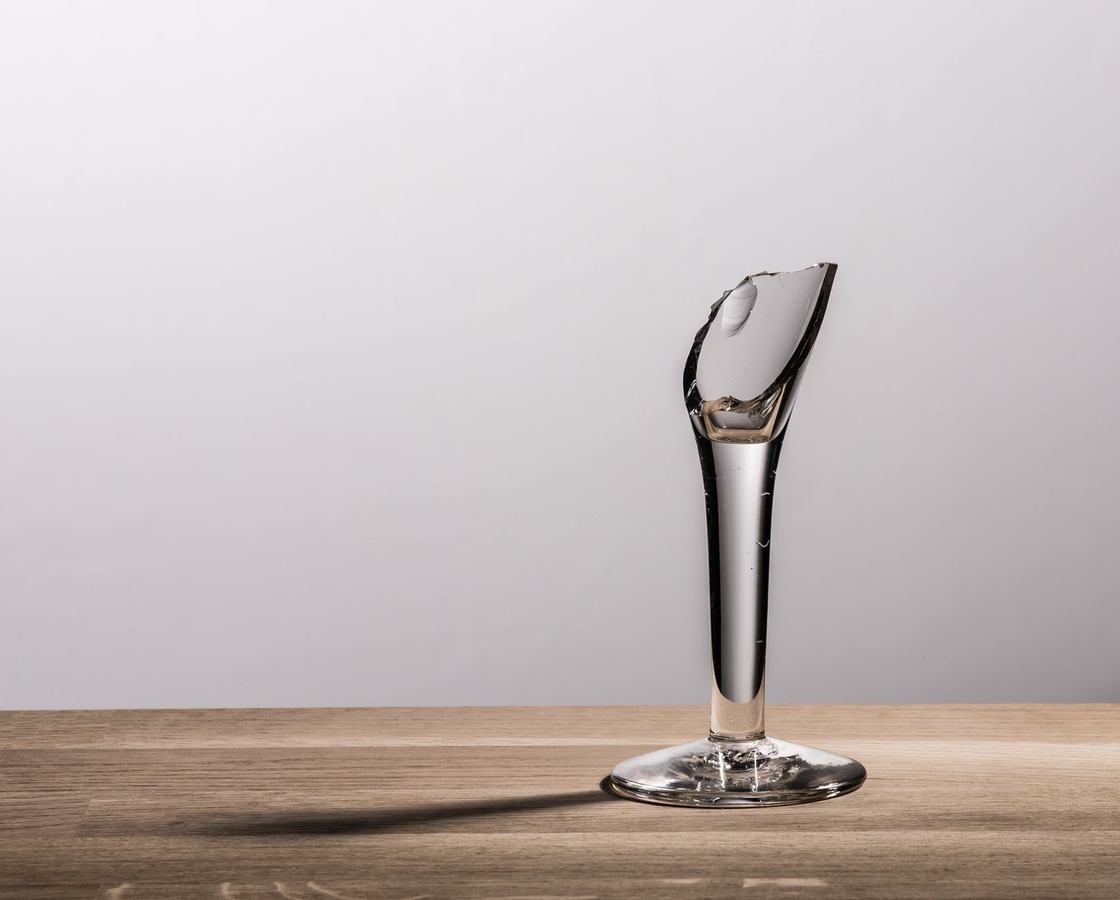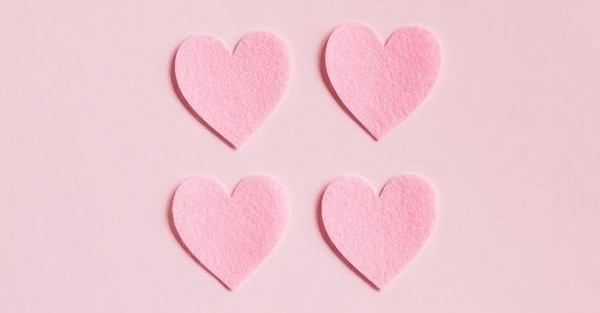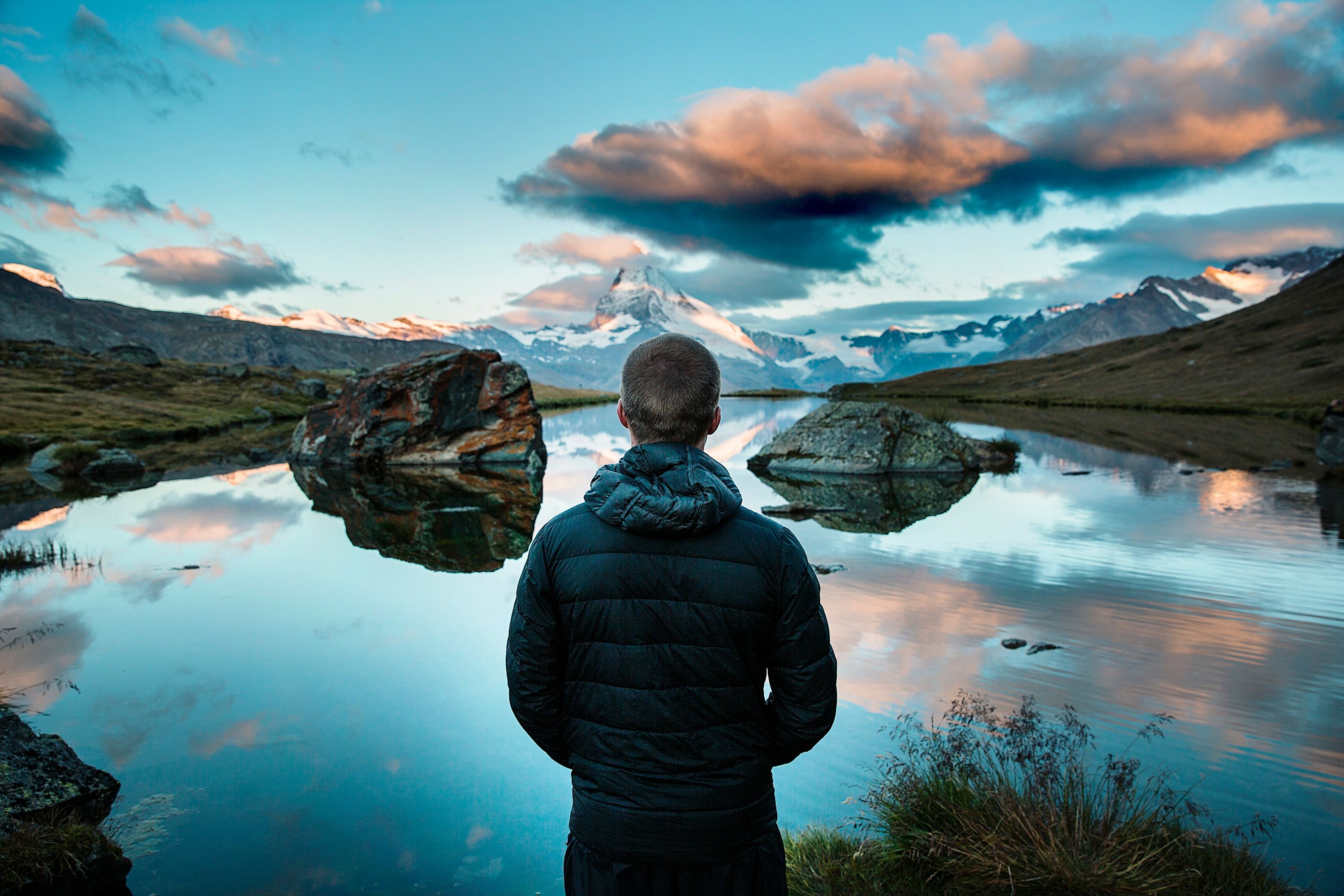So much of what we do is about control. People control their schedules through to do lists, alarm clocks and planners and society reinforces this with endless “10 things to do before 9am” articles, books and talks. People control their friends and family, their loved ones, through passive aggressive behaviour, gaslighting, and/or an insistence on following a set of familial (and, usually, familiar) rules/paths in their lives and relationships. People control babies and children through feeding and sleep schedules as well as through a rigid education system. A system that decides when children must develop certain skills and dictates what they learn about through a curriculum still based on colonial, white supremacist and patriarchal ideas of society. People control their eating and their bodies through diets such as keto, 5:2 or other forms of restricted eating or exercise. This is reinforced by diet culture, fat phobia as well as Pharma and media industries that, together, create and financially benefit from anxieties about how we look. The very essence of human-ness has been assumed, presented and then controlled via a patriarchal, market-based system that has been embedding itself into our lives for 5,000 years. The control we exert on ourselves, and are under, is all too often a result of what we have been told about ourselves by too many voices for too long.
Some of these systems are getting weaker. Now, in 2020, there are more and more voices being raised up against oppressive systems like sexism, diet culture, capitalism, patriarchy and white supremacism. This can be as simple as a streaming service allowing us to decide what we watch and when rather than being told we want to see a gentle period drama or a documentary on a Sunday evening, a thriller/medical drama on a mundane Wednesday and a booze-soaked silly-fest late on a Friday night. It can be as complex and necessary as the work done by black intersectional feminists and activists.
Many of these controlling actions are done with love or concern as their mask as well as performed with a lack of awareness, consciousness, of the patterns and systems being perpetuated but it is still control. Coercion and non-consent have been baked into the bread of our societies and cultures and we’ve been told so often that our feelings, needs and desires are not to be trusted that we don’t notice the bitter taste in our mouths as we swallow these things down.
Control is useful for volume buttons but less so for the self, others and our relationships
The systems that run our society do so for the gain of a few. The ways in which they control us are rarely explicit. The bars of the cages which contain our minds and bodies are made of glass and distorting mirrors. They’re so shiny and bright, so reflective of the self we wish we were and the lives we wish we had rather than who and where we really are, that we don’t even notice them until we try to step outside.
We’re taught early on, by society as well as by our families of origin, not to trust ourselves, to fear certain feelings and experiences and to either place that trust outside of ourselves or to grip so tightly on to how things should be that we need not feel or experience how they really are. We then develop, usually very early on in our lives, mechanisms to cope. These often take the form of one of the four F’s: fight, flight, freeze or fawn.
These responses interlock with the systems of internal and external control to keep us either working or distracted, people pleasing or raging. Neither of these responses is inherently wrong but until we can see them clearly and recognise when and how they can help as well as harm us and others, we don’t know that they too are part of the glass cage.
A life dominated by control, both external and internal, feels stiff, rigid: brittle. It gives us little room to breathe or to be. It loudly insists that it’s keeping us safe while silently robbing us of our ability to be so.
The remedy for control, both within and without, is curiosity.
Curiosity is the antidote because curiosity, contrary to the doom-laden notion “curiosity killed the cat”, is about wondering and questioning as well as about creatively imagining and acting with hope. Curiosity encourages you to wonder and consider your desires, about your feelings, experiences and needs. It poses questions to the systems of society and culture and what those systems are demanding of you as you grow. Curiosity makes you wonder why things might be like that. This wondering is gentle, inquisitive and testing. It looks, considers and reflects. It doesn’t judge, demand and criticise. It does take action though. It’s not passive. But it is thought through but it is also capable of acting.
Questioning is not about doubt, though it can be helpful to be unsure, to not be fixed in your mind. It is, instead, about testing and querying, about giving things time to reveal themselves. All too often control is quick: quick to decide, quick to judge and condemn.
Changes comes out of curiosity. Out of spotting patterns, or the lack of them, in what we do as well as feel. By asking questions and then either consciously agreeing or disagreeing with what is being asked of us, we make change happen. It is not always fast but it can be. Curiosity can not only transform who you are in the world but it can be the very thing that changes the world for the better and for the many, not the few.
Wonder is the springboard for all change
Change is also not easy. My first novel, Appetite, is all about change, how hard it can be and the challenges, as well as opportunities, it offers. As mentioned, we are all taught, to greater or lesser degree, to mistrust ourselves and our feelings. Learning to do so can take time, support and our practical and emotional abilities to do so are neither all equal as we begin and they alter as we move though life. Additionally, the well-worn paths that society and culture suggest (insist, in many cases) that we take through life seem the easy ones to follow, if not only because they are prepackaged and evidence of their supposed success and appeal is echoed throughout all the narratives around us.
It can be common to think: but if I’m not in control then I’m OUT of control. This is rarely a feeling people are comfortable with. But this binary response of “If I let go then I’ll never do anything, never get what I need…” is typical of how we have been taught to think: at either end of an extreme. Yes / no. Good / bad.
If we let go of the pendulum of life that we have been gripping in our balled fists for too long and allow it to swing free, then, yes, it might, for a time, swing to a further point, an extreme, but, left to its own devices, it will likely swing back and settle into a gentler place. Allow it. Allow yourself to let go. What might we know more clearly about ourselves about others and the world around us if we wondered about it rather than accepting it or raging against it?
So, what does being curious look like? Here are some points to get you thinking…
What does curiosity mean to you? What are you curious about right now? You could reflect, journal, draw, scribble without judgement or deadline/demand on these questions
Check in regularly, say at breakfast, lunch and dinner times as to how you are feeling in your mind and body. Maybe use a feelings wheel to help grow your understanding of feelings. Learn to sit with your feelings (this zine by Meg-John Barker is a great tool for that)
Wonder why you do certain things when you feel a certain way
Wonder why a feeling is triggered by a certain experience and accept that it is likely your body trying to communicate something
Wonder why things are the way they are – ask: cui bono – who benefits from these things being the way they are?
Ask why you are seeing certain narratives in movies, books and TV programmes – what do these reflect, reinforce or ignore?
Wonder what you might need for yourself – what would it be like if you accepted your feelings and needs as valid as things to be held gently and considered rather than dismissed?
A conscious approach to our lives that take into account the intersecting influences of both trauma, early experiences, family of origin, race sex and class on who we are and how society operates is key. This approach helps us to accept that the need for control mostly comes from fear and/or anxiety. It understands that criticising the controlling behaviour does not change it. It also accepts that action, in the altering of behaviours and the challenging of the systems of oppression whether through protest or votes, needs to be taken to move us forward.
There are many rewards for the curious. A clearer understanding, a view from above as well as from within. It also provides access to something that is still all too rare. Joy is one of the fruits of curiosity as are lightness, ease and playfulness. A curious mind is also a fluid one – it flows with what is, accepting the feelings and experiences of the moment as a river accepts both the smooth sand and the jagged rocks.
Curiosity, paired with kindness, are the shoes that help us walk the path of uncertainty.









